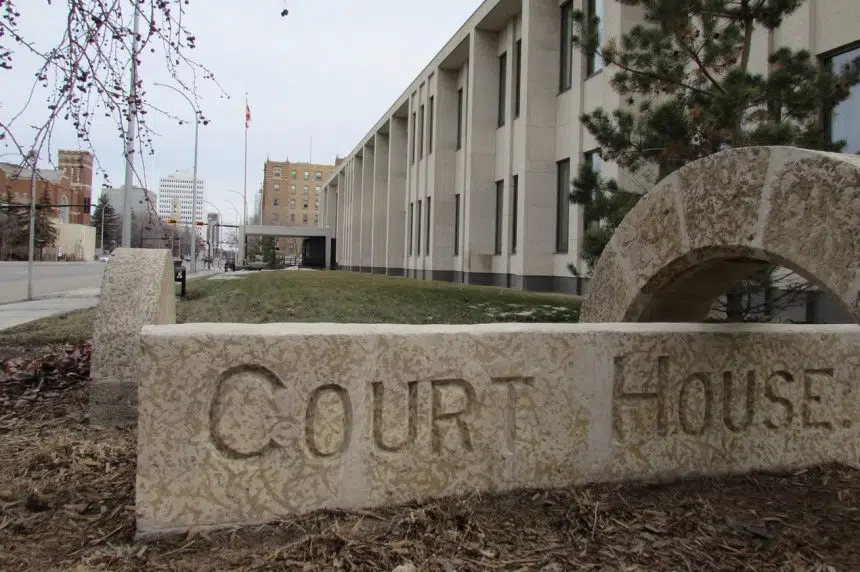The Saskatchewan government is taking more steps to support families who are going through separations or divorces.
The Ministry of Justice and Attorney General has added two family law screening officers to the Court of King’s Bench, with one in Regina and one in Saskatoon. The pilot project was launched Oct. 1.
“This will help citizens gain better support within the justice system,” Justice Minister and Attorney General Bronwyn Eyre said in a media release. “It will promote family safety and reduce the stress of often adversarial family law proceedings.”
According to the government, the officers are to go over all new applications to family court to ensure required documents have been filed and proper procedures are being followed.
The officers also are trained to watch for signs of family violence.
“If family violence is suspected, they will guide individuals to the appropriate resources, including local community supports, such as Family Service Regina or Saskatoon, the Children Exposed to Violence Program, or shelters,” the release said.
As well, the officers are to participate in a new Judicial Case Conference process. Starting Nov. 1, for most family law matters in Saskatoon and Regina, the parties will have to go through a Judicial Case Conference before the case proceeds.
“The Court of King’s Bench views the Judicial Case Conference Process as a way to address efficiency concerns and to reduce potential harm caused by family conflict that can be exacerbated by the justice system,” Chief Justice Martel D. Popescul said in the release.
“The cornerstone of the process is to engage in triage and case management before a court application and affidavit material is served and filed. It is an opportunity for parties to discuss areas of consensus, issues in dispute, and options for settlement before affidavits are exchanged.”
More information about the Judicial Case Conference process can be found in Family Law Practice Directive #7 on the Courts of Saskatchewan website.
The pilot project is to receive around $279,000 in 2022-23 from the federal government as part of the Justice Partnership and Innovation Program and $273,000 in subsequent years until 2025-26.











